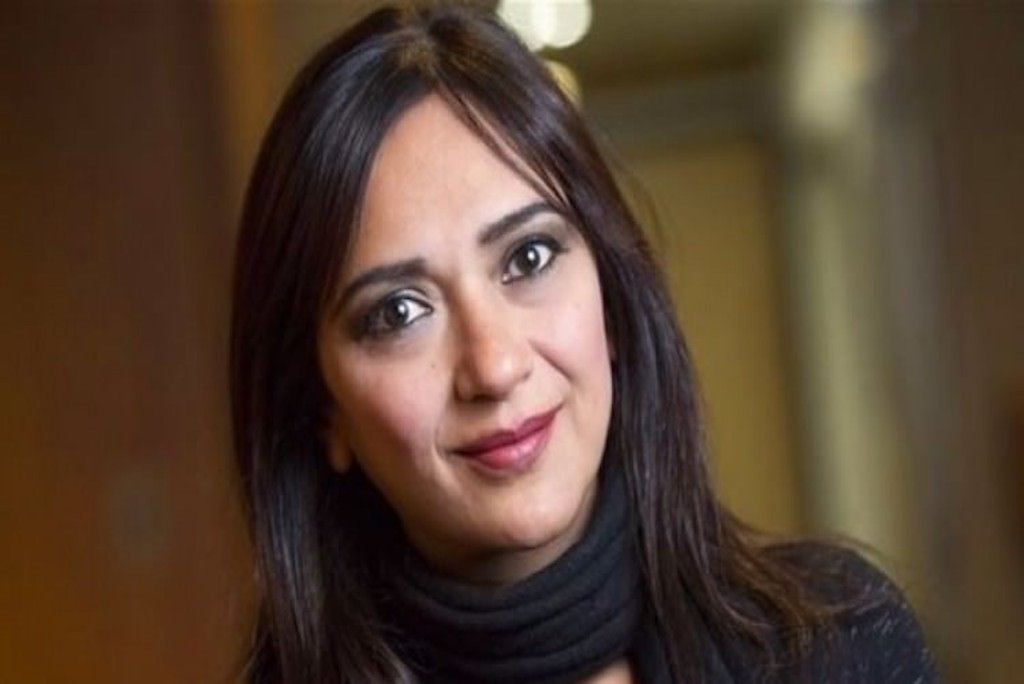Three women in Turkey were brutally murdered by men on Tuesday, sending shockwaves across the country at a time when domestic violence has become a major problem, Turkish Minute reported.
One of the women, Aylin Sözer, 48, a lecturer in the preschool education department of a private university in İstanbul, was killed by a man named Kemal Ayyıldız, 32. Sözer’s family called the police when they hadn’t heard from her. The police had to break into Sözer’s apartment in the Maltepe district of İstanbul, where they found Sözer’s body. Ayyıldız, who was also in the apartment, tried to attack police officers with a flammable liquid. The police determined that Ayyıldız had stabbed Sözer to death and then set her body on fire. Ayyıldız was detained by the police and arrested on Wednesday.
Sözer’s family denied the existence of a romantic relationship between Sözer and Ayyıldız.
Sözer, who appeared on a TV program on Haber Global in April 2009, said at the time that the more acts of violence become widespread among society, the more widespread they become among children.
The second victim was a woman named Selda Taş, who was shot to death by her husband in the eastern Turkish province of Malatya on Tuesday. The third woman who was killed on Tuesday was Vesile Dönmez, who was shot by her son with a rifle in the southeastern province of Gaziantep.
The motivations for the murders are unknown and are being investigated by the police.
Two hundred fifty-three women in Turkey were killed and 715 others were injured at the hands of men between Jan. 1 and Nov. 21, according to a report on the Bianet news website in November.
These findings are based on reports in the Turkish media and may not include all the cases of the domestic violence that took place in Turkey in this period.
Women’s rights organizations have for years been trying to raise awareness about the increase in violence against women that has taken place in the last decade.
Many think it is linked to the policies and rhetoric of the ruling Justice and Development Party (AKP), which has its roots in political Islam.
AKP leader and President Recep Tayyip Erdoğan has long been accused by critics of seeking to erode the country’s secular principles and limit the civil liberties of women.















